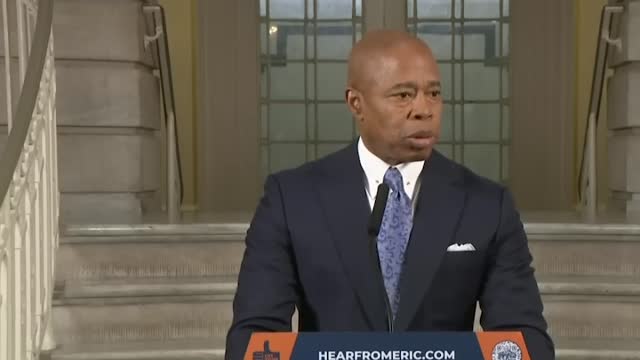Credit Suisse has come under increasing pressure in recent weeks as customers withdraw money from their accounts en masse. They were concerned about the future of the bank, which has been plagued by financial scandals. The problems threatened to overwhelm the bank when the chairman of Saudi National Bank, the largest shareholder, declared last Wednesday that he did not want to put any more money into Credit Suisse. In the ensuing turmoil, Credit Suisse lost about a fifth of its stock market value.
Last weekend, the Swiss government and the central bank, among others, worked feverishly to prevent the collapse of the bank and thus avert a possible international banking crisis. Agreement was reached on Sunday evening for the takeover by UBS.
This still requires a change in the law, which makes it possible to circumvent the shareholders. Normally, Swiss investors have up to six weeks to consider a deal of this size.
Pressure increased
That time is not now, according to the Swiss government. According to The Financial Times, who cites four sources around the negotiations, has done everything possible to complete the necessary legislative change (and with it the deal) before Monday morning when the stock markets open. The acquisition by UBS will be fully settled in shares.
Earlier in the day, UBS offered $1 billion for its competitor. Credit Suisse thought that was too little. To add to the pressure, Swiss authorities hinted during the day at a partial or full nationalization of Credit Suisse, according to the Bloomberg news agency.
None of the parties involved wanted to confirm the stream of messages that leaked through various media in the course of Sunday. According to The Financial Times UBS, the larger of the two, was seen by central bank and regulator Finma as the only option to take over Credit Suisse. The US Federal Reserve would have been asked to approve the agreement.
Bloodletting
The transaction represents a significant loss for Credit Suisse shareholders: UBS offers 0.76 Swiss francs per share. Credit Suisse closed on Friday at 1.85 francs. Initially, UBS did not want to pay more than 0.25 francs. There was strong resistance to that offer within Credit Suisse. Investors and staff who are partly paid in shares would have to give up too much, according to the management of the ailing bank.
The Swiss central bank doubled the emergency credit line for Credit Suisse on Sunday up to 100 billion francs (more than 100 billion euros). Last week, a financial emergency chute of 50 billion was initially deployed. That announcement failed to halt the stock’s downturn at the time; customers continued to claim their credits. At the end of last week, according to the Financial Times, about 10 billion euros were withdrawn from the bank every day. The extra credit line and the acquisition should restore customer confidence.
UBS, led by former ING CEO Ralph Hamers, is not taking over its competitor without a struggle. The bank would especially hate the acquisition of the investment bank of Credit Suisse, which was previously responsible for scandals and losses. After the takeover, this part will be significantly reduced. It is not yet known how many of the approximately 17,000 Credit Suisse employees will lose their jobs in the near future.


